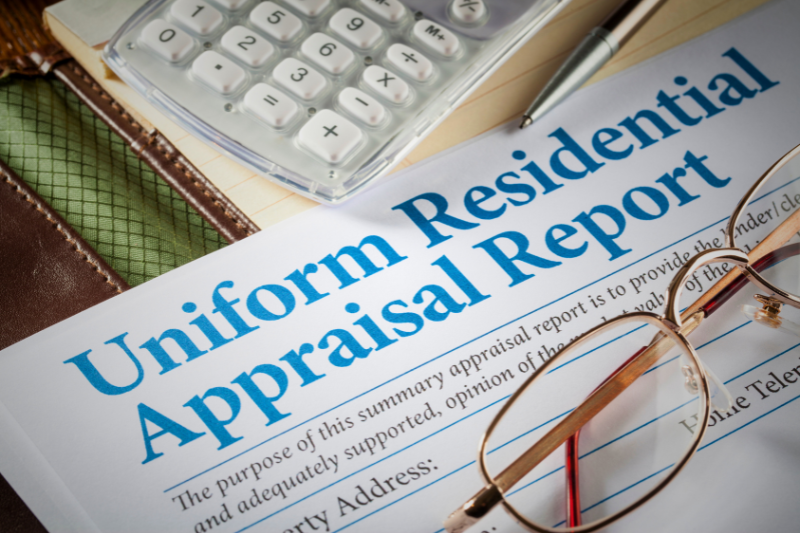If you’re gearing up to buy a home in Katy, Sugar Land, The Woodlands, Cypress,…
How Economic News Releases And Mortgage Rates
When it comes to understanding the world of mortgages, one might wonder how factors like government announcements and economic news releases play a role. Indeed, the term “government” is often seen lurking in financial news, shedding light on various economic indicators. But what does this mean for the average homeowner or someone looking to buy a home? Let’s break it down.
1. The Link Between Economic News and Mortgage Rates
The government frequently releases reports about the country’s economic health. Two key reports that have a direct influence on mortgage interest rates include:
- Jobless Claims: This is a weekly report that provides the number of people who applied for unemployment benefits. A high number could mean the economy is struggling, while a low number might indicate a robust job market.
- PCE Inflation Data: Standing for “Personal Consumption Expenditures”, this data indicates the change in prices for personal goods and services. When this number goes up, it means things are getting more expensive, pointing towards inflation.
2. Why Should Homebuyers Care?
Think of the economy as a giant web. Each string has an impact on others. When the job market struggles, people might hold off buying homes because of job uncertainty. Similarly, when inflation rises, our money doesn’t go as far as it used to, affecting our purchasing power.
Now, here’s the catch: mortgage interest rates often move in anticipation of these changes. If the government reports show a strong economy, rates might go up. If they show a weakening economy, rates might go down.
3. How Does the Government Factor In?
The government doesn’t directly set mortgage rates. However, its actions and the data it releases can influence them. For example, if the government data shows increasing inflation, lenders might raise interest rates to maintain profitability. On the other hand, if there’s economic uncertainty, lenders might lower rates to encourage borrowing.
4. Tips for Prospective Homeowners
- Stay Informed: While it’s not essential to follow every government news release, having a general idea about the economy can give you an edge in understanding mortgage trends.
- Consult Experts: A financial advisor or a mortgage broker can provide insights tailored to your situation and help you make informed decisions.
- Don’t Panic: Economic news can be volatile. Remember that buying a home is a long-term decision. While short-term fluctuations in rates can happen, the bigger picture and your personal situation are what matter most.
In Conclusion
The world of mortgage rates might seem complex, but it all boils down to understanding a few key factors. By keeping an eye on government releases like jobless claims and PCE inflation data, you’ll be better equipped to anticipate changes and make savvy financial decisions! Click HERE to see if you qualify for a free review of your debt-to-income (DTI) ratio.





